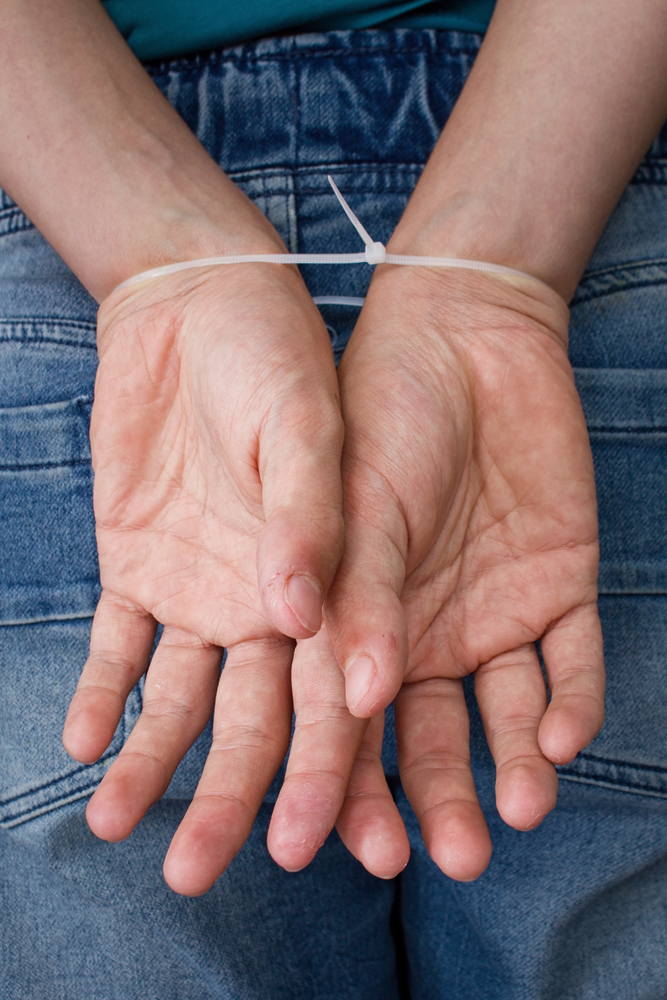In lieu of having growth taking place, a person trying abstinence from mind-altering drugs is usually angry at the world because they can no longer use or drink to suppress their anguish. When you’re on the path to recovery, deciding on https://thearizonadigest.com/top-5-advantages-of-staying-in-a-sober-living-house/ abstinence comes with a multitude of reasons that underscore its importance in addiction recovery. Each individual’s journey towards sobriety is unique, and the decision to abstain might stem from various, deeply personal motivations.
- To fight the effects of addiction, people should try to practice sobriety as early as possible.
- Building a support system for long-term sobriety involves seeking therapy, joining support groups, surrounding yourself with sober friends and family, engaging in online communities, and pursuing hobbies and interests.
- Sobriety, on the other hand, encourages individuals to build a healthier, more fulfilling lifestyle.
- Ask yourself what were the excuses you gave yourself to use and dispute them.
- Abstinence is not enough because it does not replace drugs and alcohol with a solution to face and handle life in a healthy way.
Post navigation
It includes coping strategies for dealing with the continued effects of addiction — such as cravings and urges — and focuses on the transformation of an individual into the person they want to be in their daily lives. In addition to personal growth, seeking support is vital in maintaining sobriety. This can be done through therapy, counseling, and support groups where individuals can connect with others who have experienced similar challenges. Top 5 Advantages of Staying in a Sober Living House By sharing their stories and providing mutual support, individuals in recovery can find strength and encouragement. It’s about understanding oneself on a deeper level, identifying triggers and coping mechanisms, and developing healthier ways to navigate challenges and stressors. By developing these skills and focusing on personal development, individuals can not only achieve sobriety but also thrive in their lives beyond addiction.
Joining Support Groups
The camaraderie and shared experiences within these groups can be a powerful source of encouragement and accountability. However, there are aspects of addiction that abstinence from these substances does not address. Abstinence in addiction recovery refers to abstaining from the use of drugs or alcohol. It is a fundamental aspect of recovery, aiming to eliminate substance use entirely and achieve long-term sobriety.
- Possibly, but one will benefit from being on guard for them, as they can reappear years later.
- Activities like art therapy or music therapy may feel uncomfortable, but giving such practices a try is essential in helping each individual determine who they want to be on their journey.
- These groups offer a platform to share struggles, gain insight and advice, and celebrate milestones.
- The American Society of Addiction Medicine (ASAM) states that remission from addiction where an individual is not at a greater risk of developing an addiction than a normal person takes 5 years to achieve.
- On the other hand, individuals who choose to pursue sobriety may benefit from a more comprehensive approach.
- While a strict and uncompromising commitment to abstinence is vital for long-term success, it is not appropriate for everyone.
Lifestyle Transformation

Likewise, if someone asks if it’s okay to invite some friends who will be drinking, that’s also abstaining. People might choose to practice abstinence for many reasons, including health, social, religious, psychological, traditional, or even a change in preferences. Abstinence is a self-chosen and self-control decision that’s not forcefully enforced. It is the process of making ourselves ready to halt ourselves from doing or taking the things that give us pleasure or peace of mind; including alcohol, drugs, food, etc. At that point, we desperately look for relief from our pain and anxiety, and as a solution, we come across drugs, alcohol, and other habits that start to ruin our lives.
Sobriety refers to the state of mind, while abstinence refers to the state of your body. Secondly, people can be sober without abstaining from drugs or alcohol—and vice versa. In Alcoholics Anonymous, members use the phrase “dry drunk” to refer to someone who has simply stopped drinking.

As it is often said in the addiction treatment profession, there is a clear separation between abstinence and sobriety. Abstinence can be defined simply as physical free from mind-altering substances. Sobriety includes abstinence, but also encompasses much more than just stopping drinking or abusing drugs. Read and find out why sobriety is the more rewarding and effective method to stopping addiction, and why abstinence is just the bare minimum solution.

While abstinence focuses primarily on avoiding the addictive substance, sobriety delves deeper into the underlying causes of addiction. It involves addressing the root causes of addiction, such as trauma, mental health issues, or unresolved emotional issues. By working through these issues, individuals can pave the way for lasting recovery. Step one in the Big Book of Alcoholics Anonymous (AA) states, “We admitted we were powerless over alcohol- that our lives had become unmanageable.” This first step of AA’s 12-step program is key for recovery. It is challenging to begin the healing process until you realize that you are not in control of your addiction.

